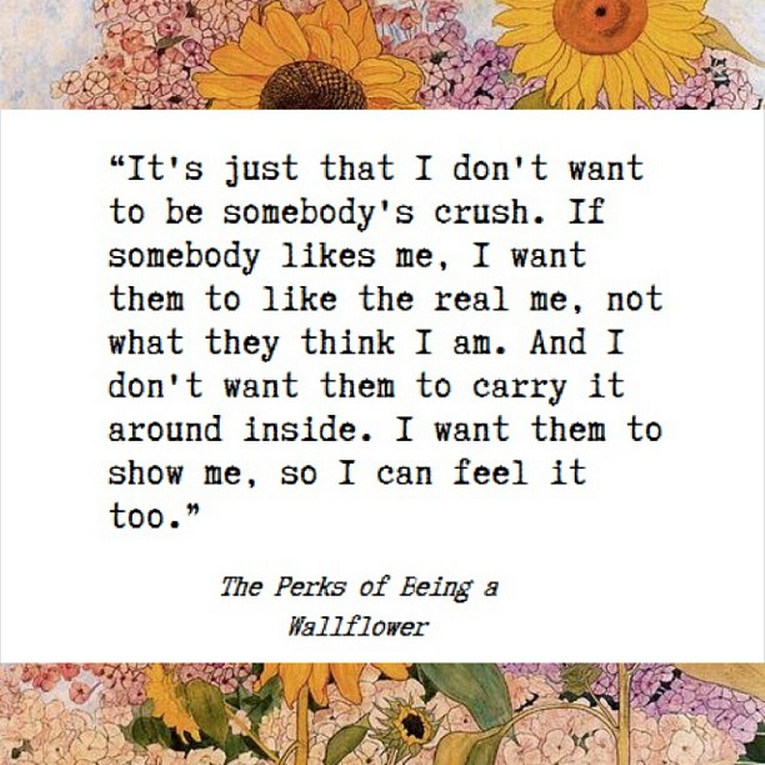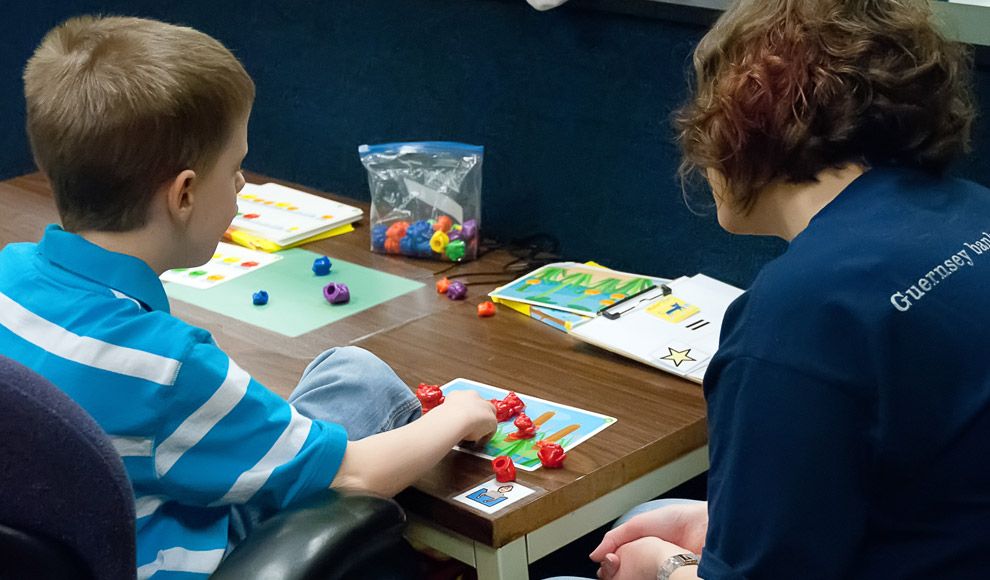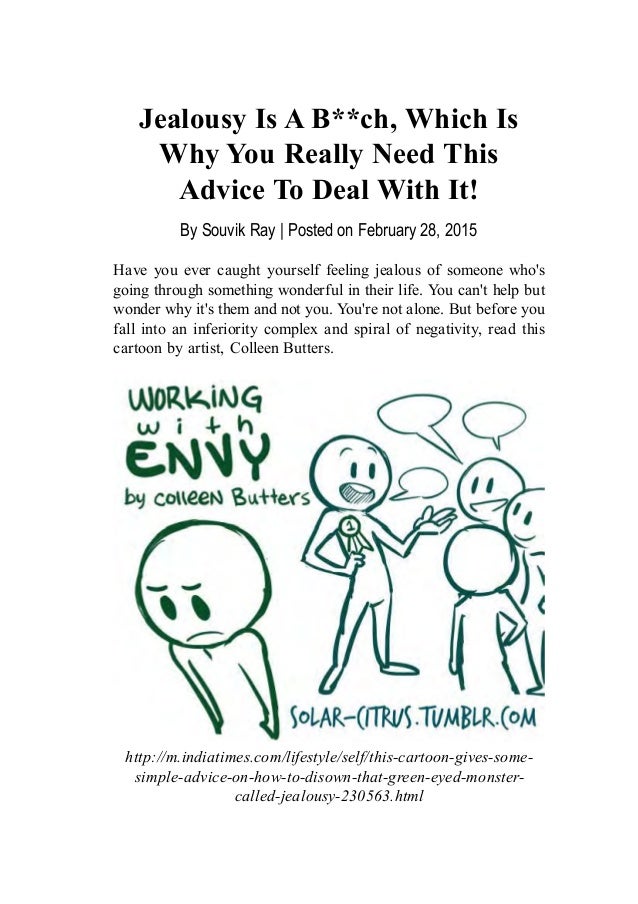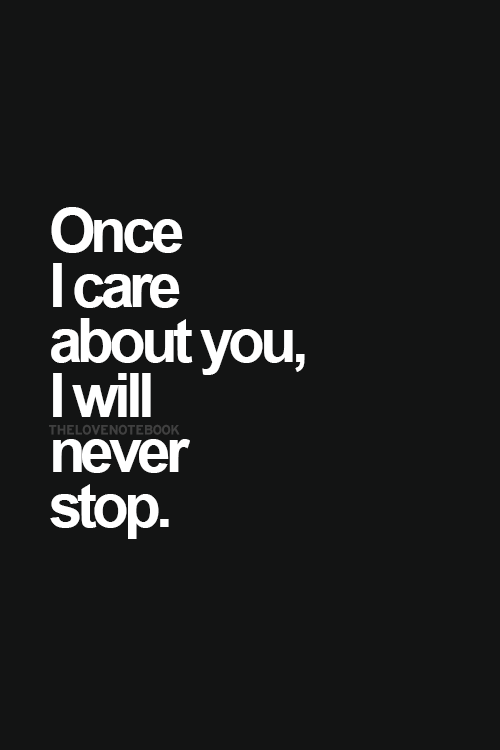Coping with envy and jealousy
Information on Overcoming the Effects of Envy and Jealousy
PORTRAITS
Laura cannot control her tongue. Whenever she hears the latest gossip about one of the girls on the cheer squad, she can’t resist the temptation to tell all of her friends.
Lindsay spends almost all of her free time shopping and looking at the latest fashions. Her boyfriend complains that they will never be able to save any money if she continues to constantly spend, but all Lindsay refuses to give it up. All she seems to care about is looking better than all of her friends.
Although Dan has graduated college and now has a great career, he finds himself resenting his brother’s good looks and charm around women. He thinks that he would ba much happier if only, he could be more attractive.
Kim was already jealous of all of the women in her husband’s life, and now she was jealous of his new female coworker. She was letting her jealousy consume her, and it was beginning to really affect their marriage. She was wallowing in self-pity and anger and her husband was getting frustrated. Kim was constantly saying that she knew her husband was going to have an affair or leave her completely (and saying so actually only increased the odds of it coming true). Kim’s husband was feeling smothered and wrongly accused.
DEFINITIONS & KEY THOUGHTS
Jealousy and envy are highly related. They are the result of the toxic combination of anxiety-based insecurity, anger, and an obsession with comparing oneself to others (often very poorly). Jealousy also has a very strong root in fear- especially of losing praise or love from the object of one’s affection, or that something that one has will be taken from them. It is also rooted in an individual’s longing for significance and security. Jealousy usually involves a triangle of three individuals- the jealous individual, their rival (often misperceived), and the person whose attention is being competed for.
Envy is the desire for what others have (i. e., status, lifestyle, possessions, characteristics, or relationships). If it is not controlled, it can develop into contempt, malice, and the destruction of others. It manifests it self through dislike for others and irritation over their prosperity. It is fueled by expectations that one deserves recognition and success over another individual and, as a result, is linked to greed and pride. Envy is the opposite of love because while love celebrates the good of another, envy seeks to destroy another in order benefit oneself.
e., status, lifestyle, possessions, characteristics, or relationships). If it is not controlled, it can develop into contempt, malice, and the destruction of others. It manifests it self through dislike for others and irritation over their prosperity. It is fueled by expectations that one deserves recognition and success over another individual and, as a result, is linked to greed and pride. Envy is the opposite of love because while love celebrates the good of another, envy seeks to destroy another in order benefit oneself.
The initial stage of jealousy and envy involves an individual having a desire for what another person has. When this feeling is not controlled or tended to, it develops into disdain or scorn for the other person simply because they remind the individual of what they are lacking. If uncontrolled, the feeling can also lead to malice, in which the individual wishes to destroy the good in the other person’s life. This is done with the idea that if the individual cannot experience the pleasure that the person has from that good, then that person shouldn’t be able to either.
When jealousy and envy are carried to extremes, they can seriously dominate an individual’s relationships. Chronically jealous individuals use threats, lies, self-pity, and other types of manipulations to control their relationships. If their partner resist to such manipulations, it only results in the jealous individual becoming more controlling.
Causes of jealousy and envy include:
- Dissatisfaction. Focusing on what one doesn’t have rather than what one does have.
- Comparison to others. Some individuals were conditioned at an early age to evaluate themselves only through comparison to others.
- Pride. The false idea that one deserves a life filled with personal gain and satisfaction.
- Seeking significance/Low self-esteem. An individual who do not feel good about their self often seeks significance in their circumstances rather than their true self.

- Desire for worldly gain. Seeking money, appearance, status, achievements, or talents that are of only temporary value.
Expressions of jealousy and envy include:
- Resentment toward others. Being highly judgmental and critical of others.
- Competition in relationships. An individual’s desire to be better than those around them. Exhibition of a tendency toward overachievement or a superior attitude to others.
- Depression. Being highly self-critical for not achieving what one wants to or others have achieved.
- Lack of contentment. A constant desire for greater material gain and the belief that it will bring greater happiness.
- Gossip about others. Constant verbal criticism of others.
- Idolizing others. Beginning thoughts with the expression “If only…”
ACTION STEPS
- Be honest.
 While you may not feel as though you are experiencing jealousy or envy, your feelings may be disguised as contempt, criticism, self-pity, gossip, manipulation, etc. Do not deceive yourself; reveal your true feelings, attitudes, and motivations.
While you may not feel as though you are experiencing jealousy or envy, your feelings may be disguised as contempt, criticism, self-pity, gossip, manipulation, etc. Do not deceive yourself; reveal your true feelings, attitudes, and motivations. - Develop a lifestyle of gratitude. Think about what you do have and be grateful.
- Avoid activities that encourage comparison. Only go shopping if you have a specific purchase to make. Read books that encourage reflection on the beauty that is in your life. Limit your exposure to media or magazines that focus on material gain.
- Ask yourself why. When feeling envious, ask yourself what it is about someone else that you are envious of. If you find yourself envying another’s positive qualities such as their compassion or their social skills, think about forming those qualities in yourself- doing so will lead from envy to admiration.
- Take a step back.
 When feeling jealous, stop and realize it. Avoid making manipulative or controlling statements to others. Spend time with yourself and transform your feelings into positive ones. Doing something to show your love for another (i.e., sending an e-mail or making a call) can be helpful.
When feeling jealous, stop and realize it. Avoid making manipulative or controlling statements to others. Spend time with yourself and transform your feelings into positive ones. Doing something to show your love for another (i.e., sending an e-mail or making a call) can be helpful. - Grow. Make a plan to develop your own positive qualities and unique gifts.
- Don’t give up. Jealousy and envy can be a constant struggle for some individuals and can be indicative of an unresolved past pain. You may be an individual who highly benefits from working with a professional therapist.
How to Deal with Envy and Jealousy
Source: ThomasWolter /Pixabay License / Free for commercial use / No attribution required
Envy and jealousy are often conflated. After all, both are destructive feelings that stem from desire and arise within the context of a relationship. Both are toxic. But that might be where the similarities end. More significantly, envy and jealousy originate from different desires; they are destructive in distinct ways, and they are best dealt with using discrete strategies.
More significantly, envy and jealousy originate from different desires; they are destructive in distinct ways, and they are best dealt with using discrete strategies.
Here is a simple example:
Brit
In discussing plans for the weekend with her friend, Brit says she has to check with her husband first. Her friend responds curtly, “You don’t have to check-in with him about everything!” Brit is confused and hurt.
Though Brit considers that her friend is in a long-distance relationship and often doesn't check in with her boyfriend, she senses that something is up with the intensity of her friend’s comment. Brit begins to wonder whether her friend is envious, or maybe jealous.
What is the desire behind the feeling?
The key to understanding whether someone is envious or jealous is to uncover the desire behind the feeling. The difference between envy and jealousy lies in the contrast between desiring to be like someone and desiring to be with someone.
Desiring to be like someone—envy—involves only two people; it is a dyadic relationship. Typically, one person wants to possess some quality that a second person has. In the example above, if Brit’s friend desires to have a relationship like Brit has with her husband, it would indicate that she is envious. Her desire is to be like Brit, at least, as she is in her relationship.
Desiring to be with someone who is with a third person—jealousy—involves three people; it is a triadic relationship. Typically, one person wants a second person all to themselves and feels left out—excluded—when that second person is with a third. If her friend wants Brit all to herself without her husband’s interference, it would indicate that she is jealous. Her desire is to be with Brit.
How is the destructiveness expressed?
The difference between the destructiveness of envy and jealousy hinges on the difference between dyadic and triadic relationships.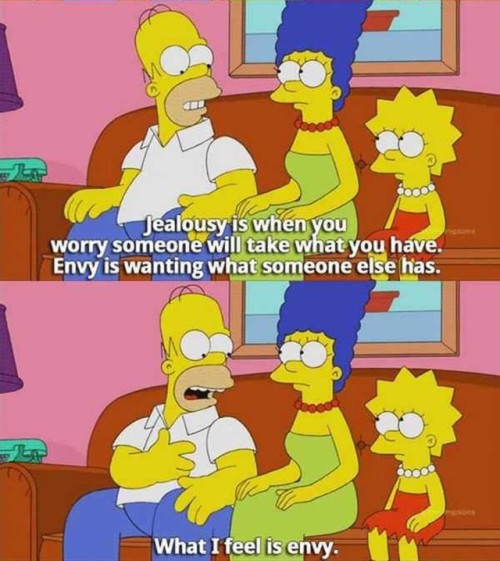 In a dyadic relationship—between two people—one’s aggression is necessarily aimed at the only other person in the relationship. In jealousy, the negativity is aimed at a third person, even if expressed in the presence of a friend, partner or family member.
In a dyadic relationship—between two people—one’s aggression is necessarily aimed at the only other person in the relationship. In jealousy, the negativity is aimed at a third person, even if expressed in the presence of a friend, partner or family member.
In envy, the person we admire is also the object of our hostility. Being esteemed and hated at the same time can be disconcerting. In the above example, if the friend is envious, her hostility would be aimed directly at Brit, perhaps regarding the close relationship Brit has with her husband. As is typical with envy, her friend not only desires what Brit has, but she also wants to ruin it for Brit.
As triadic relationships are inherently more stable, jealousy is less immediately toxic. We can express our desire to be with someone while expressing our negative feelings towards a third person. It allows us to express our loving and hating feelings separately. If Brit’s friend is jealous, she would be able to maintain a loving attitude toward Brit, while focusing her aggression on Brit’s husband. Even though Brit would likely find the jealousy disturbing, at least it would not be directed at her.
Even though Brit would likely find the jealousy disturbing, at least it would not be directed at her.
What can we do about it?
Ultimately, we are all responsible for our feelings and need to discover how best to regulate them. That said, we can help those in our lives to deal with their feelings by being mindful of their difficulties and making efforts to mitigate our effect on them.
When someone suffers from envy—they want to be like us—we can take care not to mobilize their envy. Although we certainly don’t want to have to downplay what is good in our lives just to suit another person, we can be mindful to provide a balanced picture. In Brit’s case, if her friend is envious of her relationship, Brit could mitigate her friend’s envy by sharing some of the problems she has in her relationship.
When someone suffers from jealousy—they want to be with us—we can mitigate their jealousy by reassuring them of their importance to us. Of course, we don’t want to give in to their jealousy and alienate other people in our lives. But, for example, if her friend is jealous, Brit could take to heart her friend’s difficulty sharing Brit with her husband. Brit can make a point of letting her friend know just how much she appreciates her.
But, for example, if her friend is jealous, Brit could take to heart her friend’s difficulty sharing Brit with her husband. Brit can make a point of letting her friend know just how much she appreciates her.
Empathy and Accommodation
Determining whether someone is envious or jealous requires looking beyond the feelings expressed to the desires behind them. Though both can be destructive to the relationship, once we establish whether we are dealing with envy or jealousy, we can better empathize with the struggle and make accommodations that improve the situation for all.
How to deal with jealousy, envy and learn to forgive?
Alpina Publisher publishes Jill Hasson's practical guide Developing Emotional Intelligence: Tips, Tips, Techniques. We publish an excerpt from it, which tells how to control yourself and deal with jealousy and envy.
Regret and repentance
The past is a great place and I don't want to erase it and regret it, but I wouldn't want to be a prisoner in it.
Mick Jagger
Regret creates thoughts that at some point in the past you made the “wrong” decision to do or not do something. You blame yourself, you feel lost and longing, regretting that you didn't make another choice.
You may regret something you did or said; confessed to someone that you really think about him; went to this job, drank too much or ate a piece of the pie. But at the same time, you may also regret things you didn’t do or say: for example, you didn’t tell someone how you felt about them or how you felt, you didn’t do better in school, you didn’t take this job, or you didn’t break up. relationship with someone before.
Regret is different from remorse. Remorse is regret from an act that could hurt or harm someone. For example, when we betrayed a friend or partner or yelled at a child.
Is there a positive role for regret and remorse? Of course yes! They force us to make amends for our mistakes and learn from them in order to avoid them in the future.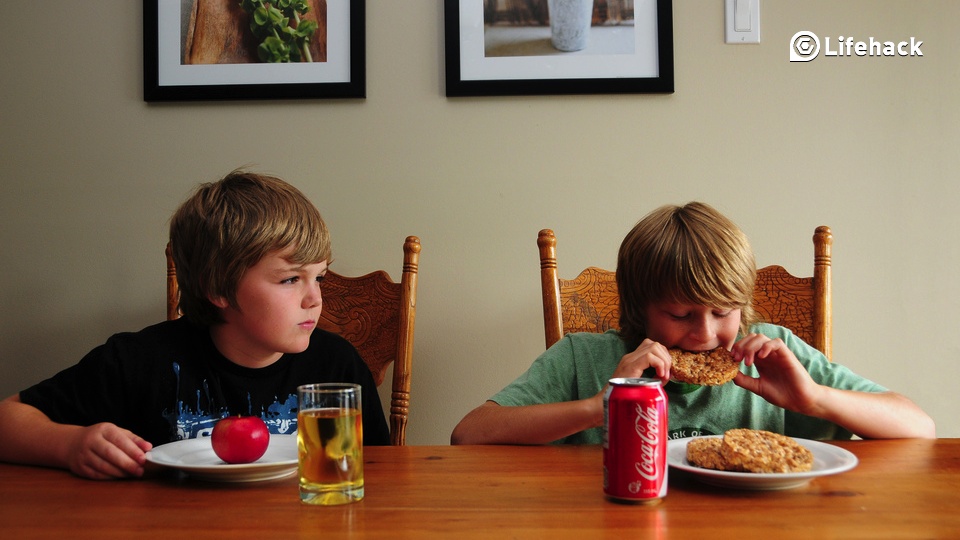
In practice
Never look back unless you are going in that direction.
Henry David Thoreau
Feel your emotion. When you feel regret or remorse, you need to be alone with them, acknowledge them and accept them, realizing that everything has already happened and nothing can be changed.
Learn from what happened. To do this, you need to reflect on what happened, understand what went wrong, and decide what needs to be done differently in order to avoid similar disappointments in the future if possible. Try to learn from what happened. What new things have you learned about yourself? About other people? Instead of thinking “I should/shouldn’t”, try saying “I should have, but now I’m going to…”, “Next time I will…”, or “It might help if…”, or “ I can…” or “Now I’m going to…”.
Look for a sense of perspective. If you regret something, remember in what situation you did or did not do something.
You may not have foreseen the consequences; maybe you were pressured into making a quick decision; maybe there were some other obstacles or lack of support when you did something that you now regret.
Be kind to yourself, remember that you did what you did, given what you knew at the time. Imagine what you would say to another person in this situation to cheer them up.
Take responsibility. If you feel remorse, take responsibility and ask yourself if you could have done differently. Is there any nobler path you could take instead of plodding along this low road? Do you need to set some boundaries in the future and take responsibility for your actions?
Determine what action you can take right now and stick to it. Maybe you need to talk to someone? Apologize? If for some reason you can’t apologize, for example, that person is no longer with you, write down your apologies on paper and imagine that you have been forgiven. Then move on.
Forgiveness
P Growing does not require forgetting some offensive act, does not require forgetting what happened, or making peace with the culprit. Forgiveness is an opportunity to release yourself from the obsessive thought about the pain that you have caused.
Daniel Goleman, writer, psychologist, and journalist
Small offenses, such as someone interrupting you, skipping the line, or dousing your carpet, are easy enough to forgive and forget. What if you're facing a more serious problem? Did your friend seriously let you down, your partner had an affair, were you unfairly fired from your job, or were you injured due to someone else's negligence?
Is it then possible to forgive and forget? What's the point in forgiveness? And what does forgiveness really mean?
Forgiveness is needed first of all by yourself, and not by another person. It means that you let go of feelings of resentment, defeat, or anger that the actions of another person caused you. It implies that you no longer want punishment, revenge, or compensation.
Forgiveness does not mean that you give in to your offender, downplay his act, excuse and forget him - the other person is still responsible for his actions. He may not deserve forgiveness for the pain, sadness, and suffering he has brought you, but you deserve to be freed from negative feelings.
In practice
P Growing is, one might say, a selfish action that brings great benefits to the one who forgives.
Lavana Blackwell, writer
Remember that forgiveness is a process. It's not a switch that you turn and everything changes instantly. Even if you don't want to forgive right now, you can go for it. First, determine how you feel. Anger, disappointment, disappointment? Jealousy or resentment? Or all together? Even if you don't feel like thinking about it, allow yourself to feel these emotions and work with them.
Don't think about why it happened. Understanding why someone did something can be very helpful, but often we don't even know why someone hurt us. You don't need to know why something happened in order to let it go.
Write a letter to your abuser that you can send or not send. Describe what you could not tell him about your reaction to his actions and how they affected you. When you finish writing, you may realize that you should not tell him all this.
Decide if you want to give the other person a chance to fix things. If the situation allows and if the other person apologizes, decide if you want them to regain your trust. When a person admits that he has harmed you and tries to fix it in some way, it helps a lot to forgive him, although not always.
Think positively. Think, for example, of a person who can help and support you during difficult times.
Directing your thoughts in a positive direction can stop anger, bitterness and resentment. Try to focus on what's going well in your life, on the things that make you happy, and on the people who didn't let you down.
Jealousy
Jealousy is when you are worried that someone takes what is yours. Envy is when you want to get someone else's.
Homer Simpson, cartoon character
When a person feels jealous, he feels that someone or something threatens something valuable to him. In relationships, jealousy occurs between partners, family members, friends and colleagues, when a person begins to feel that someone or something comes between him and another, which threatens him with failure.
If you are not very jealous, this may be a good thing: you keep your eyes open, making sure that you do not relax and do not take someone's words for granted. The positive meaning of jealousy is that it protects you from losing, warning you that it may be time for you to start your own game, make some effort or take precautions so that nothing escapes you.
But if you are too jealous, it is very easy to see something suspicious in every action and decision of the other person. Jealousy is often a unique mixture of emotions: fear, anger, resentment, grief, betrayal, feelings of inadequacy and humiliation. You may feel threatened, insecure, and inadequate.
You may become overly sensitive, overly alert and overbearing. But desperate attempts to ensure their safety only increase the distance. So how do you learn to control jealousy more than it controls you?
In practice
Jealousy creates problems for others, but is torture for the person himself.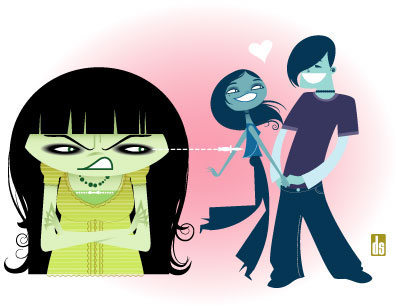
William Penn, Founding Father
Take positive action. Ask yourself: “What am I so afraid of losing?”. Someone's time, attention, friendship, love, respect? Jealousy can emphasize what you value in friendships and other relationships. Sometimes we need a shake-up to remember the most important thing and realize that we may be about to lose it. Therefore, take this feeling as a hint that you need to express your recognition and respect.
Learn to trust. Insecurity is part of any relationship. You cannot control another person, but you can learn to trust him. If you've been betrayed in the past, it's understandable that you feel vulnerable.
Don't let your past experience convince you that trust is not safe, trust in loyalty and honesty.
Focus on the positive aspects of your relationship and time spent together. Talk about it. Recognizing your vulnerability, sensitivity to resentment and fear of rejection is not weakness at all. If you do not say this, you will still demonstrate by blaming your partner for everything and constantly interfering in other people's affairs. Own your own feelings. Don't blame them on someone else. Try to start with the pronoun "I"; Instead of blaming, “You make me feel…” say, “I get worried when…” instead.
If you do not say this, you will still demonstrate by blaming your partner for everything and constantly interfering in other people's affairs. Own your own feelings. Don't blame them on someone else. Try to start with the pronoun "I"; Instead of blaming, “You make me feel…” say, “I get worried when…” instead.
Rely on your instincts and intuition. If nothing happens, then the other person will have no problem talking about it, worrying no more than when discussing dishes for dinner. But if he can't calmly discuss your insecurities, doesn't want to reassure you of anything, or forces you to constantly ask around to get any information, you may indeed have something to worry about.
Envy
Envy is the art of counting other people's blessings instead of one's own.
Harold Coffin, humorist
There is always someone who we think has a better life than us. Some have more experience, more money, more happiness, and smarter kids than ours. Maybe you're jealous because someone took advantage of an opportunity you had in mind - a job, a house, a new partner.
Maybe you're jealous because someone took advantage of an opportunity you had in mind - a job, a house, a new partner.
Envy can undermine your confidence, make you feel like you are out of touch with life, and also give rise to certain thoughts that lead to resentment and bitterness towards other people.
You may be torturing yourself by reading the posts of friends and colleagues on social media, and even reading the boastful posts of people you don't even know. You compare them with yourself and see your desires; their strength highlights your weakness. You doubt your own abilities and achievements.
Envy can cause you to lose the idea of yourself. By comparing yourself to other people, you can only see what they have and what you don't. But there is also a positive side to envy: it can induce you to improve your situation and achieve your own goals, and not someone else's.
In practice
Love looks through a telescope, envy through a microscope.
Josh Billings, satirical writer
Admit your envy. The next time you start complaining about the fact that someone has something again and feel pain, believing that you owe everything, know that this is envy. Don't forget that envy narrows perception, so focusing on what others have can prevent you from successfully moving forward on your path. As a result, you will be captured by your own envy.
Stop comparing. From the fact that you compare yourself with others, noting what you do not have, but they have, you will only feel unhappy. There will always be people in the world who have something better than you. But remember that we are always comparing the worst we know about ourselves with the best we assume in others.
Accept your feeling. If it's impossible to get what the other person has—say, marriage to a rock star—take it. Stop comparing yourself to others. Instead, focus on what you have and what you can achieve.
Use your envy to set yourself a goal. This is emotional intelligence! If you want it, then maybe they once wanted it too. What did they do to get what they wanted? Instead of resenting: “Why do they have it? It's not fair", change your setting.
This is emotional intelligence! If you want it, then maybe they once wanted it too. What did they do to get what they wanted? Instead of resenting: “Why do they have it? It's not fair", change your setting.
Develop a plan of action to get what you want.
This will make your approach more positive and you can control it by stopping comparing yourself to others and noting what you don't have that they have - you'll be too busy getting what you want. You simply will not have time to envy, as well as reasons for envy.
Seek perspective. Each time you feel envious, rejoice in what you already have, without thinking about what the person you envy has. Instead of thinking, “They are doing well, they have everything,” try to see the whole picture. Try to understand that other people may not have everything they want, and that they may also have problems.
Follow our news on Telegram
Author:
Elena Anisimova,
Rubric:
Reading
What is the difference between envy and jealousy?
Jealousy
“Those of us who have ever felt the poisonous stab of envy know that getting rid of it is not so easy.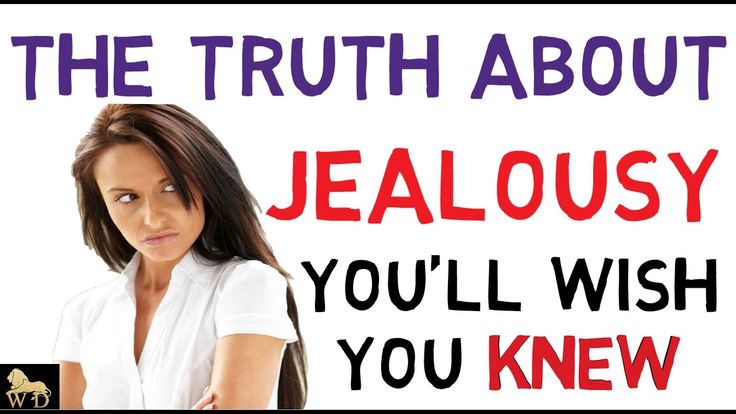 Envy may be the most perfidious—perhaps the most insidious—of all the deadly sins. It is evident that it is in this vice that people are least inclined to admit, because otherwise they will have to admit that they are, in all probability, unkind, evil and ignoble.
Envy may be the most perfidious—perhaps the most insidious—of all the deadly sins. It is evident that it is in this vice that people are least inclined to admit, because otherwise they will have to admit that they are, in all probability, unkind, evil and ignoble.
One thing is clear: whatever this concept includes, it is extremely ambiguous. One of the meanings: a feeling of annoyance and hostility caused by thinking that someone owns superior wealth.
Dictionary definitions do not reflect the important distinction between envy and jealousy. Most do not grasp the difference between these concepts and often mistakenly consider them almost synonymous.
In fact, the difference lies in the fact that the jealous person is jealous of what he has, and the envious person is jealous of what others have. Jealousy is not always pejorative: after all, we can be jealous of social position, civil rights, or fame.
The term envy, except when used in a competitive sense, is always pejorative. If jealousy, metaphorically speaking, is “a monster with green eyes,” then envy is a red-eyed, oblique, and short-sighted monster. And she is never attractive or cute.
If jealousy, metaphorically speaking, is “a monster with green eyes,” then envy is a red-eyed, oblique, and short-sighted monster. And she is never attractive or cute.
Behind envy there must be a shadow - and sometimes something more tangible - of malice. In addition, jealousy is not always only sexual in nature. One can be jealous—and rightly so—of one's reputation, honesty, and other good qualities. But it's almost impossible to be right when you're jealous: envy is, by definition, wrong.Moreover, envy must be distinguished from mere strong desire.
So, looking at people who enjoy the advantages of a high position in society, we want to be the same, or we suddenly feel keenly how great it would be to be young again; or passionately wish to be richer; or longing to be taller, leaner, more muscular, agile, and more beautiful. All of these are manifestations of desire. Envy is never so general, it is always specific - at least the kind that torments you the most.

Envious people are often unfair. And almost always envy expresses feelings more personal than the desire for justice. Envy asks the main question: what about me? Why do others have beauty, talent, wealth, power, fame and other blessings, or, in any case, they are more generously endowed with them than I am? Why not me?
Envy almost never manifests itself openly: it lurks, intrigues, plays undercover gamesSometimes we kindly call something - someone else's life, health, success - "enviable". In the same way, we can say: “I envy the fact that you will have a two-month vacation in the south of France,” without hatching plans for how to disrupt this trip. Or, let's say you say, "I don't envy his responsible job," and it just means that you are glad that you do not have such problems.
Apparently, there must be a word for the intermediate link between envy and admiration, just as there must be a term for the intermediate step between talent and genius.
Should, but don't exist. The language is so imperfect.
Envy should not be confused with open conflict either. Suppose one has something that another desires—customers, a high position or rating, a public service position, a position of influence—and he fights for what he wants more or less aggressively, but openly. And this frankness changes the nature of the game.
Envy almost never manifests itself openly: it lurks, intrigues, plays undercover games. It always represents a hidden, hidden process, the existence of which cannot be proven. Behind envy, if it is qualified as such, there must be a shadow - and sometimes something more tangible - of malice.
Malice that has no name, cold but hidden hostility, impotent passion, hidden hostility and malevolence that flourishes so abundantly under the shadow of envy. La Rochefoucauld delicately opened the abscess of envy, writing: "In the misfortune of our best friends, we always find something pleasant for ourselves.

Learn more

